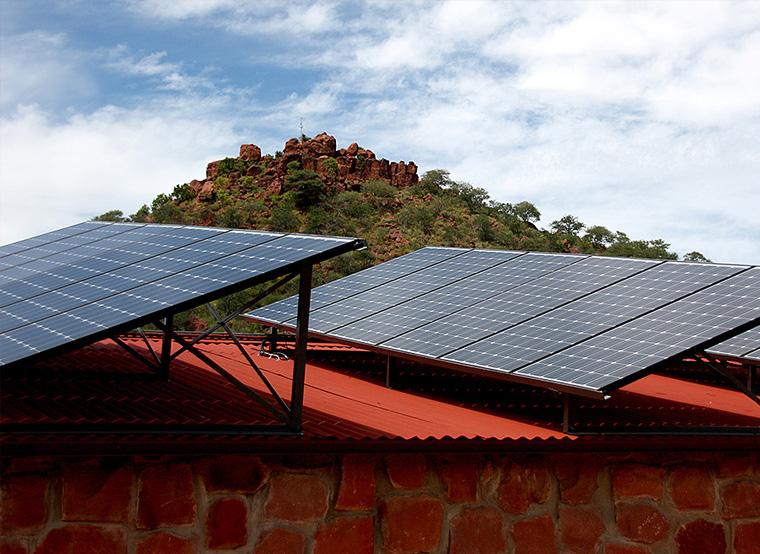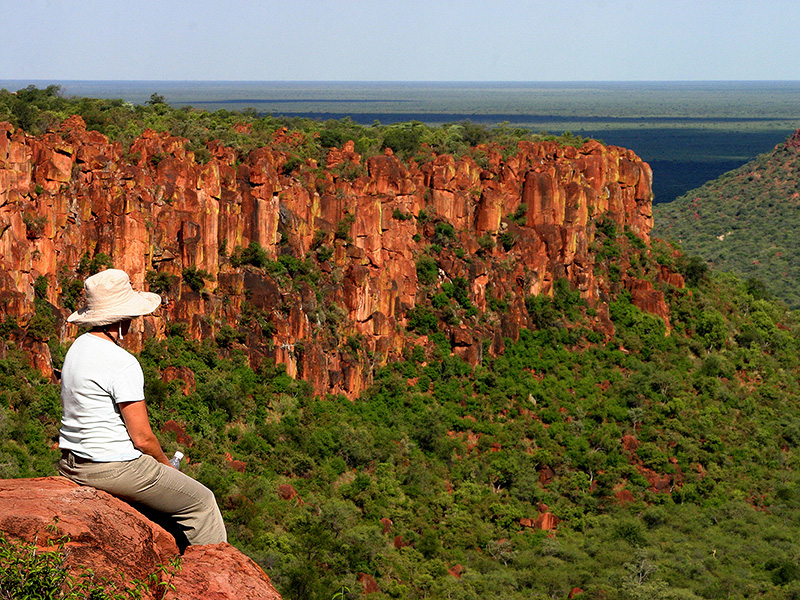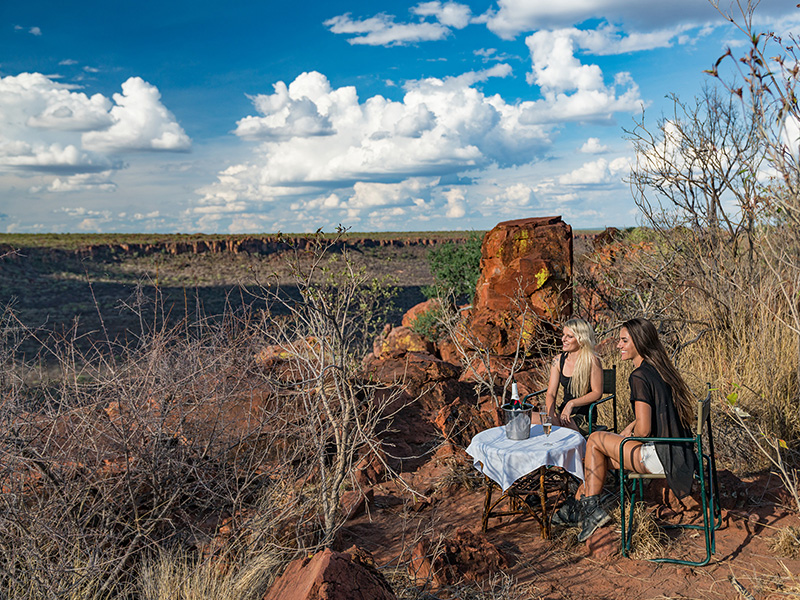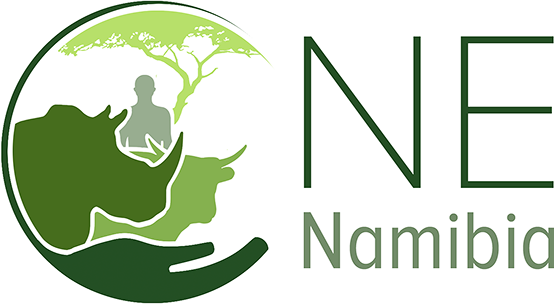Financed by Hospitality Business
Starting in the year 2000, the 3,500 ha (35 km²) farm was gradually transformed into the Waterberg Wilderness nature reserve.
Game was released in several phases – giraffe, hartebeest, zebra, blue wildebeest, eland antelope and even white rhino. All these species roamed this part of the country in earlier times, as can be learnt from reports written by the first Europeans who came here. Around the plain Waterberg Wilderness is fenced in with 20 km of game fencing (2.20 m high) – also for protecting the game from poachers. The two gates at the through road are guarded around the clock.
Nature conservation is expensive: a giraffe, for example, costs around N$ 12,000, and a kilometre of game fencing N$ 35,000 (figures from 2006). Considerable costs are incurred by refraining from profit-orientated cattle farming and by the labour intensiveness of running the nature reserve.
Eco concept

The funds for our private nature reserve come from our hospitality business, which we run as environmentally friendly as possible. Waterberg Wilderness Lodge was opened in 2000, Waterberg Plateau Lodge in 2004, Waterberg Plateau Campsite in 2005, Andersson Camp in 2008 and Waterberg Valley Lodge in 2014.
The lodges and campsites run on solar power. The high cost of cells and storage batteries makes solar power expensive, even more so as solar power is not subsidised Namibia. Nevertheless it is an eco-friendly alternative to power generated by coal-fired power stations in South Africa or even hydro power stations in Namibia: High-voltage power lines disturb the landscape and are a death trap for large birds.
The 220 V solar power supply, is enough for hair dryers, shavers and battery chargers, but unfortunately not for the mini bars and kettles in the rooms. Thank you for your understanding.
Hot water for the bathroom is supplied by “donkeys”, wood-fired geysers. The fire wood is a product of debushing, which is necessary to keep the grass planes open. Veld Fires used to keep the bushes at bay, but nowadays the fires are snuffed at the earliest sign.
The water in the lodges and at the watering holes comes from the strong spring at the end of the valley. It was analysed and found to be of excellent drinking quality, so we have decided to bottle some of it. We do not take more than half of the spring water, so that enough is left for our resident plants and animals.
What to experience at Waterberg Wilderness
Our tip: Make sure you arrive before 15h00 in order to join our rhino drive.
Plateau Hike
Your hiking guide climbs the plateau with you (approx. 150 m above the plains). He explains plants and animals in the park to you and gives you an insight into the daily life and culture of the Herero people living in this area.
Rhino Drive
Round trip through the African bush savannah at the foot of the Waterberg. We almost always rub shoulders with rhino. With a little luck you will encounter game such as giraffe, oryx and eland, red hartebeest, blue wildebeest and kudu.
All for ONE, ONE for Nature.
Waterberg Wilderness is part of the ONE Namibia company, which wants to preserve wildlife and natural habitats – with income from existing hospitality businesses, sustainable agriculture and the sale of shares. Everyone can help. Actively and directly. As a partner and supporter. ONE Namibia offers a solid corporate concept. Virtual visits via the Internet. Lodge vouchers. Free camping and Rhino Tracking tours. Find out more & participate now.







